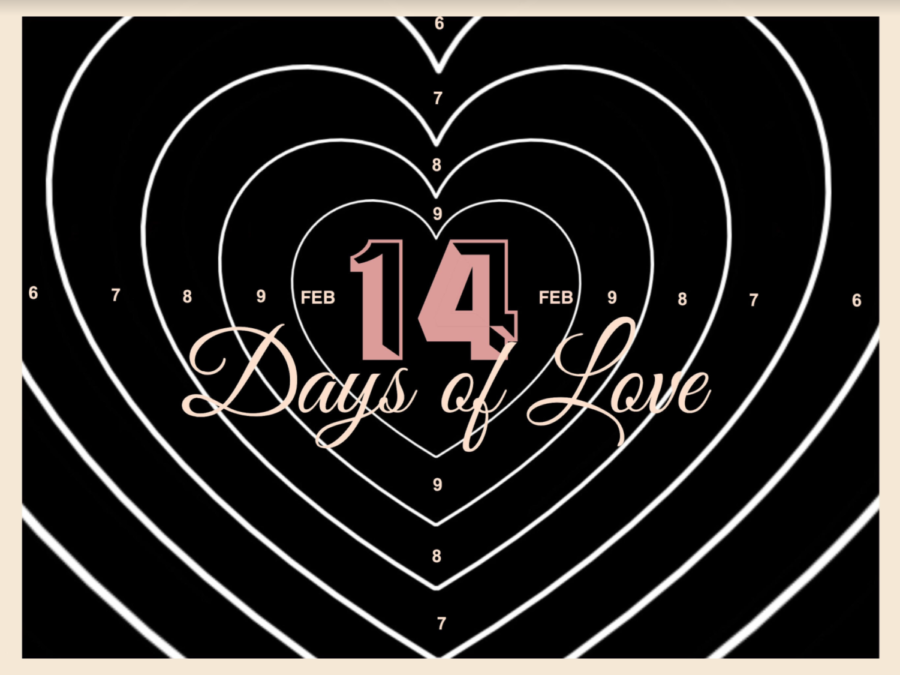Day 8: How Aziz Ansari Allegations Are Redefining The #MeToo Movement
February 8, 2018
When the #MeToo movement emerged, it was met with great support from women and sexual assault activists and victims because it addressed an issue that we, as a society, have neglected far too long. It served as a huge step toward the retaliation against widespread sexual harassment and abuse, and paved the way for much needed discussions. Yet, when so many people start to come forward with stories of dates gone wrong, the line for what we consider assault can get blurred to the point of potentially causing harm.
In January 2018, an article posted by Babe.net detailed an account in which an anonymous source identified as “Grace” alleged that her sexual encounter with comedian Aziz Ansari warranted her a spot in the #MeToo movement. Grace reported that while on a date with him in September 2017, Ansari repeatedly ignored both her physical and vocal signs of discomfort and tried to pressure her into sex. The anonymous 23-year-old said she felt trapped and pressured to go along with it, and ended up leaving his apartment crying.
Women should always feel safe and comfortable coming forward when they feel violated by a sexual encounter, but it is equally as important to listen to the story with care and consideration, investigating accusations before potentially destroying someone’s reputation on the basis of a misunderstanding. Victims should absolutely always be heard, and these stories should never be kept in the dark even if they are met with skepticism, but we must also ensure that everyone remains innocent until proven guilty.
The Ansari incident sheds light on an even bigger issue that the #MeToo movement has yet to address: to what standards of sexual behavior should we hold people? While “Grace” claimed that Ansari’s failure to read into her physical and verbal discomfort during their date made for “the worst night of [her] life,” Ansari’s statement on the matter stated that, “Everything did seem okay to [him], so when [he] heard that it was not the case for her, [he] was surprised and concerned.”
The discrepancy between both Grace’s and Ansari’s experiences is largely due to the fact that the #Metoo movement, in its sudden momentum, fails to define sexual assault and the difference between criminal activity and pushy dates. Though reading Grace’s account of her experience with Ansari left a sour taste in the mouths of multiple women who have clearly felt violated and pressured in the same way, this kind of “bad date” has been normalized for so long that there is no clear indication that sexual misconduct of the sort is considered wrong – at least not legally.
This realization lends itself to a discussion of the potential need for reform in the way we approach dating and a reconsideration of what we consider harassment, something that can actually prove to be a huge step forward for the #MeToo movement. For too long, many victims of assault have kept their stories to themselves in fear of being told that they should have been more assertive in their declines of sexual advances, much as people are saying that “Grace” should have been. This ideal greatly invalidates the feelings of having been taken advantage of that victims feel, and can prevent those who have had seriously harmful experiences from coming forward.
Though the #MeToo movement may have been temporarily hurt by the “Grace” incident, as skepticism resulting from her story led to widespread questioning of the validity of other reports, the conversation it sparked can further revolutionize the attempt to put an end to sexual violence. If activists take this as an opportunity to redefine sexual harassment, to include normalized date pressure, it can prompt more people to confirm consent before sexual activity. It can put an end to the horrifically disgusting taste left behind by pressure-driven sexual encounters.

